Securing funds from British Council to organise a Newton Funds Researcher Links workshop required good effort and persistence. Careful consideration of the feedback from an unsuccessful submission helped identifying where improvements were needed – we were successful in our second attempt. I believe the most important factors contributing to the success of the application were: the theme is topical and relevant for both countries (UK and South Africa), including active world-recognised researchers as mentors, having trach record of work and good connections in the host country (South Africa in this case). I have already being to South Africa delivering workshops to public sector practitioners on a similar subject funded by the South African National Research Foundation.
The workshop focused on ‘Research capacity for sustainable ecosystem-based management of estuaries and coasts’ and it was held on 19-21 June 2018 at the uShaka Marine World in Durban. There were 42 participants, 23 from South Africa and 19 from the UK, including early-career researchers from natural and social sciences backgrounds, established researchers and government practitioners involved in policy-making or implementing policy related to management of coasts and estuaries. I coordinated the workshop in collaboration with Professor Trevor Hill from University of KwaZulu-Natal and had a great support from Bronwyn Goble from SAAMBR/ Oceanographic Research Institute and Katie Smyth (University of Hull). The contribution from Mike Elliott (Hull), Andrew Cooper (Ulster), Ursula Scharler (UKZN) and Alan Whitfield (SAIAB) as mentors was greatly appreciated for the support and inspiration given to the early career participants.
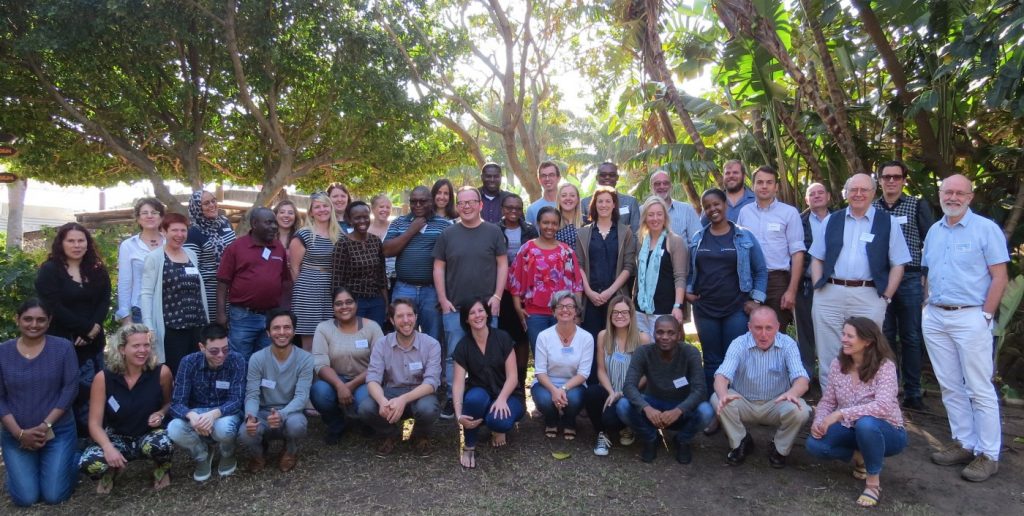
Participants of the Researcher Links workshop entitled ‘Research capacity for sustainable ecosystem-based management of estuaries and coasts’ (19-21 July 2018, Durban, South Africa) coordinated by Dr Luciana Esteves (Dep Life & Environmental Sciences, SciTech).
I can only say that the experience of engaging with such talented and vibrant group of early career researchers and stimulating open discussions about career directions and prospects, focusing particularly on the importance of international collaboration and closing the research-practice gaps was truly rewarding. It was uplifting to see the connections building between UK and South African researchers and how links with government and NGO practitioners were providing a new direction to the career of some participants. From day 1 participants were talking to each other as old colleagues and engrossed in the activities proposed. No wonder some came out with clear plans on how they will work together, from designing teaching material to collaborating in research proposals and papers, consolidated the links created during the workshop. These links are evident in the action plans participants were asked to produce at the end of the workshop.
Very important was the participation of government practitioners, acting at the national level designing policy and at the province level implementing policy. It was clear the interest for improving research-policy links and some examples of good practices in the UK and South Africa and new ideas were shared and discussed. For example, secondments of staff, co-funding of research posts/projects, ways of stimulating policy-driven research calls. In general terms, the workshop discussions highlighted two evident differences:
- in South Africa, the integration between social and natural sciences in research projects seems to be less common than currently in the UK – perhaps in South Africa, trans/interdisciplinarity have not had the push from funders as it has been observed in the UK and the EU in recent years.
- perhaps for the same reason, participants based in South Africa were not highlighting the relevance to practice and policy of their research projects, as it is now generally expected in the UK
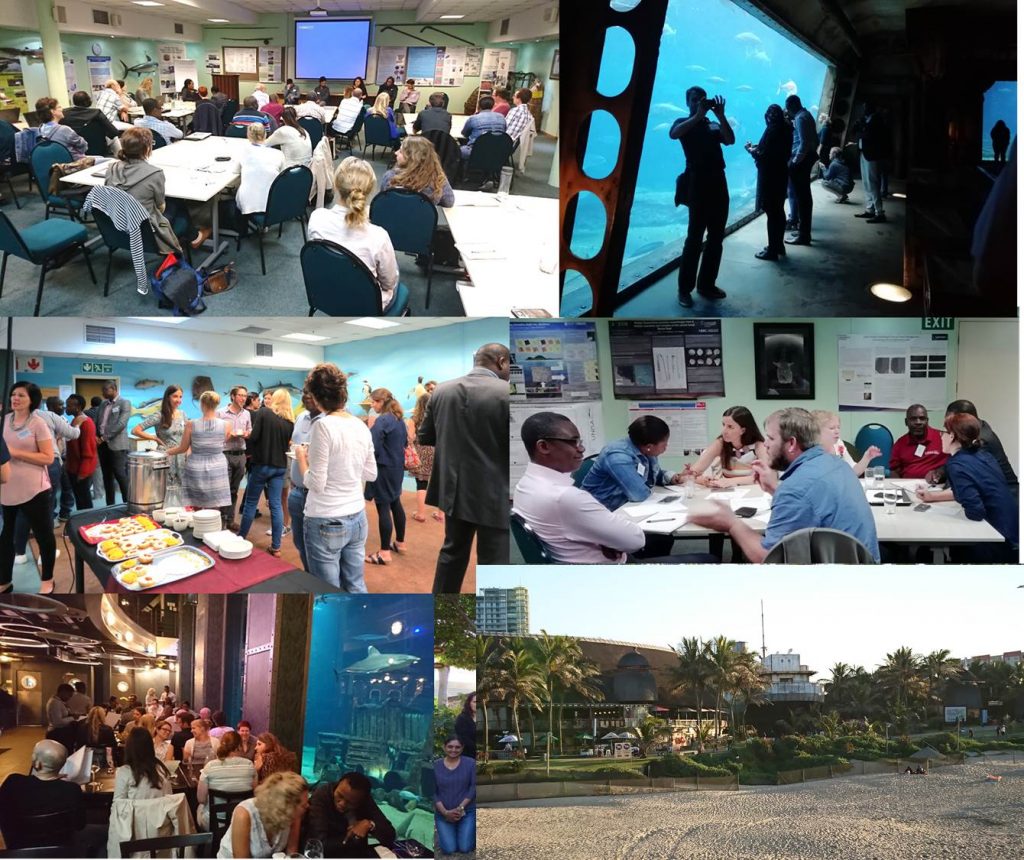
Besides lots of discussions, the activities included a visit to the marine aquarium, networking during coffee breaks and a fantastic dinner at the Cargo Hold restaurant (the boat you see on the bottom right).
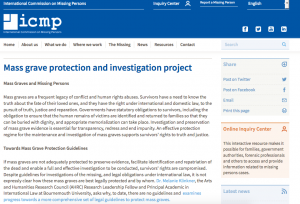 The AHRC funded ‘Mass Grave Protection for Truth and Justice’ project webpage has gone
The AHRC funded ‘Mass Grave Protection for Truth and Justice’ project webpage has gone 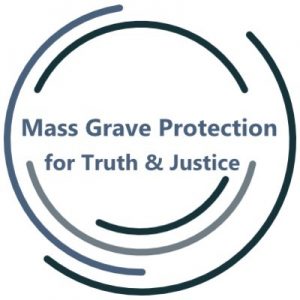 The final mass grave protection guideline will be available to download in English and in nine translated versions through the project page. This will help further the effective protection regime for the maintenance and investigation of mass graves to ultimately support survivors’ rights to truth and justice.
The final mass grave protection guideline will be available to download in English and in nine translated versions through the project page. This will help further the effective protection regime for the maintenance and investigation of mass graves to ultimately support survivors’ rights to truth and justice.
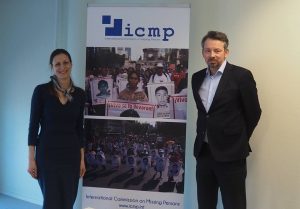
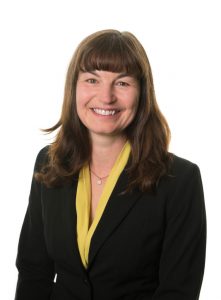




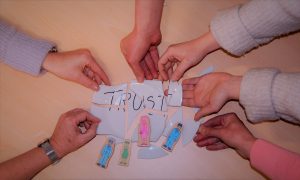 Sustainability and consumer trust go hand-in-hand. Organisations need to understand what drives trust and how to build trust if they are to achieve sustainability. This was the message that Associate Professor Julie Robson delivered as part of her keynote presentation at the LIGUE (Laboratoire Interdisciplinaire en Gestion Université-Entreprise) in Carthage Tunisia.
Sustainability and consumer trust go hand-in-hand. Organisations need to understand what drives trust and how to build trust if they are to achieve sustainability. This was the message that Associate Professor Julie Robson delivered as part of her keynote presentation at the LIGUE (Laboratoire Interdisciplinaire en Gestion Université-Entreprise) in Carthage Tunisia.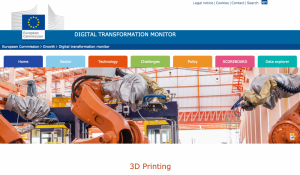

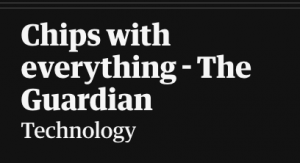

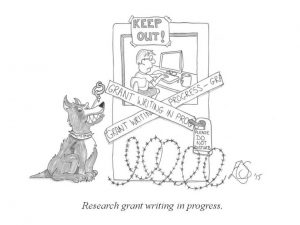


 Professor Genoveva Esteban (Department of Life and Environmental Sciences, Faculty of Science and Technology) in collaboration with the Freshwater Biological Association, is running an Advanced Training Course on Freshwater Taxonomy and Field Identification Skills for PhD students, early-career researchers, and post-grads.
Professor Genoveva Esteban (Department of Life and Environmental Sciences, Faculty of Science and Technology) in collaboration with the Freshwater Biological Association, is running an Advanced Training Course on Freshwater Taxonomy and Field Identification Skills for PhD students, early-career researchers, and post-grads.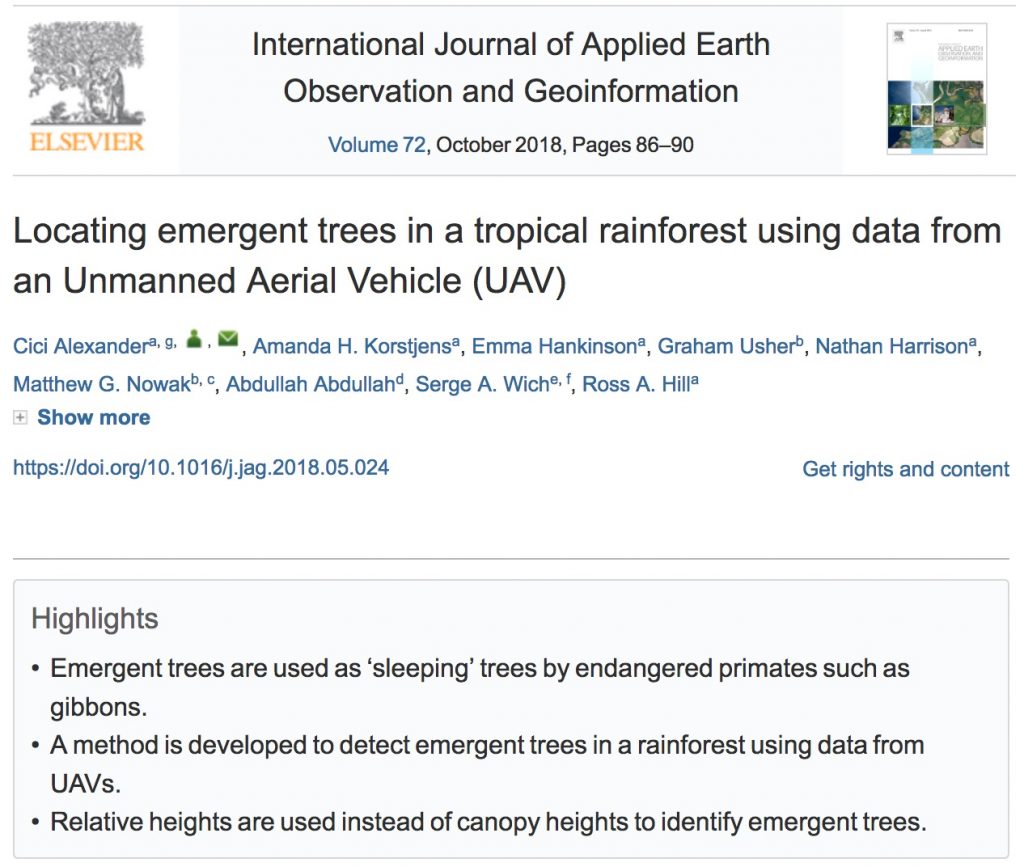











 REF Code of Practice consultation is open!
REF Code of Practice consultation is open! BU Leads AI-Driven Work Package in EU Horizon SUSHEAS Project
BU Leads AI-Driven Work Package in EU Horizon SUSHEAS Project Evidence Synthesis Centre open at Kathmandu University
Evidence Synthesis Centre open at Kathmandu University Expand Your Impact: Collaboration and Networking Workshops for Researchers
Expand Your Impact: Collaboration and Networking Workshops for Researchers ECR Funding Open Call: Research Culture & Community Grant – Apply now
ECR Funding Open Call: Research Culture & Community Grant – Apply now ECR Funding Open Call: Research Culture & Community Grant – Application Deadline Friday 12 December
ECR Funding Open Call: Research Culture & Community Grant – Application Deadline Friday 12 December MSCA Postdoctoral Fellowships 2025 Call
MSCA Postdoctoral Fellowships 2025 Call ERC Advanced Grant 2025 Webinar
ERC Advanced Grant 2025 Webinar Update on UKRO services
Update on UKRO services European research project exploring use of ‘virtual twins’ to better manage metabolic associated fatty liver disease
European research project exploring use of ‘virtual twins’ to better manage metabolic associated fatty liver disease